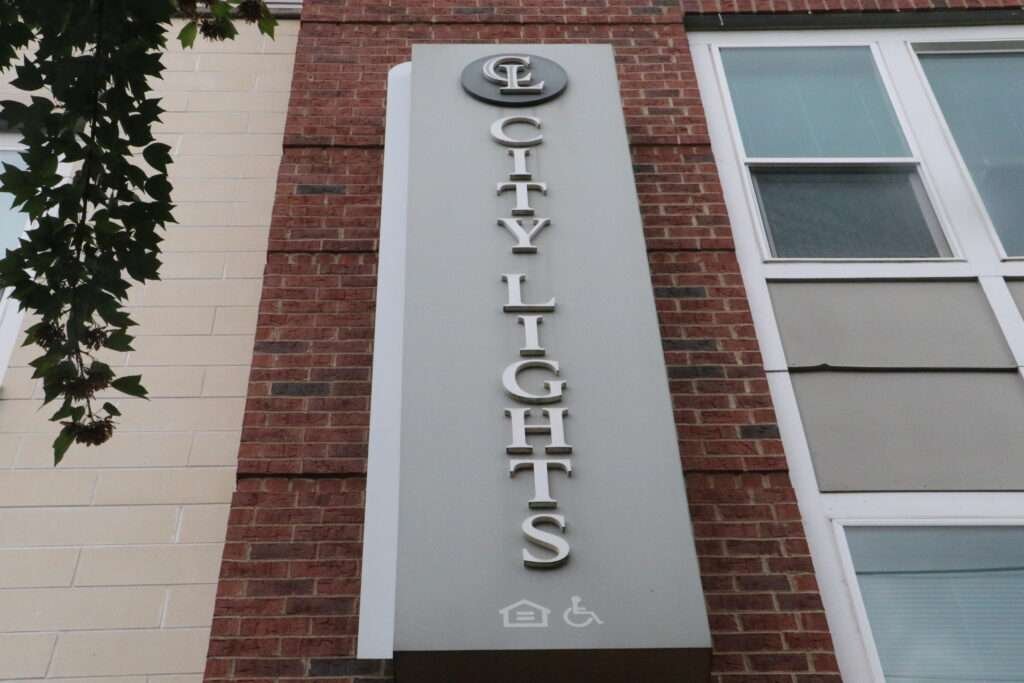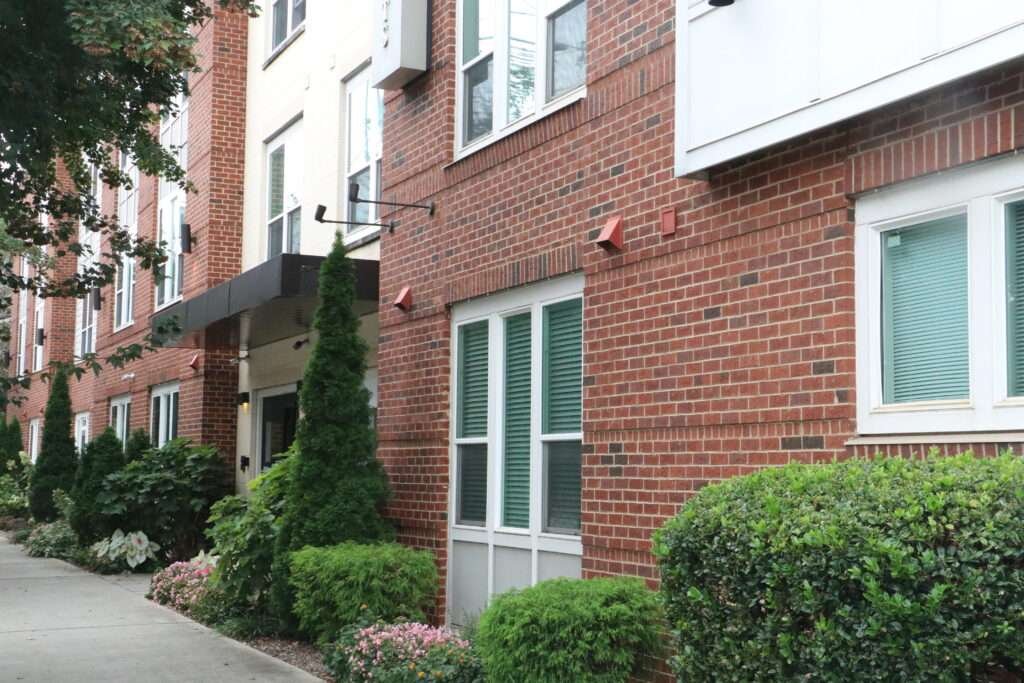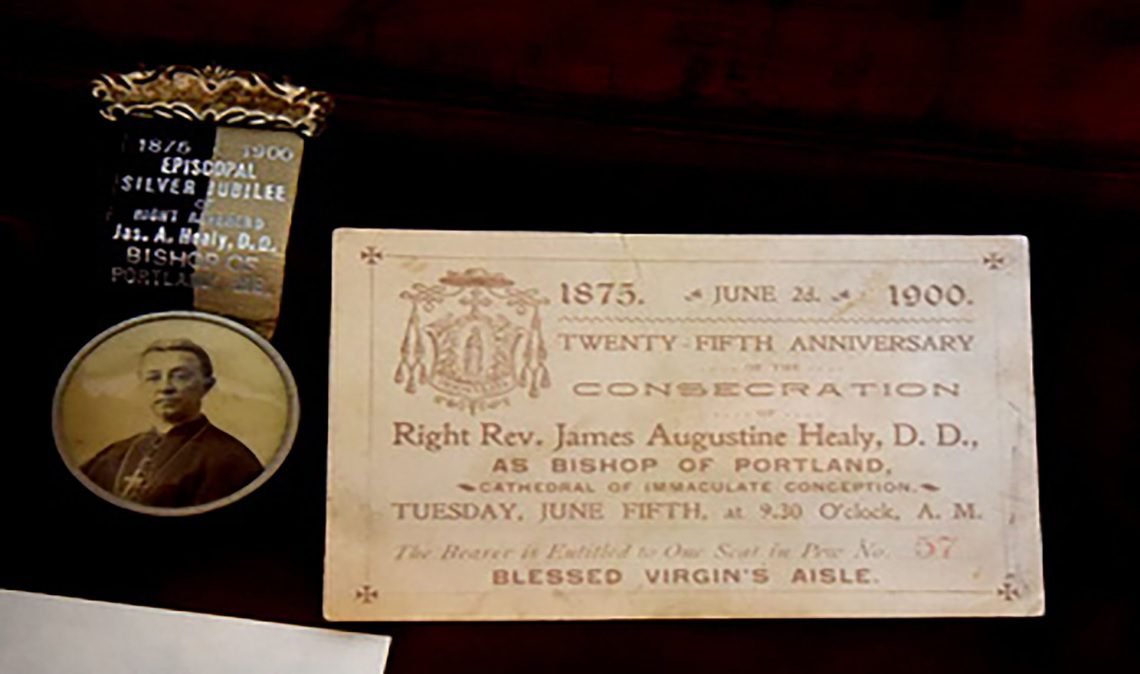
Milton Kirby | Atlanta, GA | September 29, 2025
Atlanta’s affordable housing efforts took a major step forward on September 18, 2025 when Mayor Andre Dickens and the Invest Atlanta Board of Directors approved a slate of projects that could yield more than 2,500 affordable housing units across the city.
The board’s actions span 10 of the city’s 12 council districts, reflecting both the broad demand for affordable housing and Atlanta’s growing population pressures.
“Now more than ever, we must continue to be resourceful and innovative in our approach to meeting the needs of the community,” said Mayor Dickens, who also serves as chair of the Invest Atlanta Board. “The number of actions taken today sends a strong message about the need to continue expanding housing options across our city.”
Major Approvals and Investments
The board authorized two bond resolutions that will support 351 affordable housing units expected to close by the end of the year. Those approvals unlock bond financing through Invest Atlanta.
In addition, 14 inducement resolutions were passed for projects that—if approved by the Georgia Department of Community Affairs—could finance another 2,201 affordable units. Because inducement resolutions must pass through a statewide competitive process, Invest Atlanta officials stressed that these approvals are an important but early step in securing funding.
Collectively, the projects could inject more than $891 million in capital investment into Atlanta’s economy, funding both new construction and rehabilitation of existing communities.
Dr. Eloisa Klementich, president and CEO of Invest Atlanta, emphasized the economic link. “Atlanta’s continued economic growth depends on our ability to ensure that the people who power our city—our teachers, healthcare workers, small business owners, and service professionals—can afford to live here,” she said. “When families can live near jobs, transit, and schools, we strengthen our workforce, reduce barriers to opportunity, and build a more resilient economy.”

Project Highlights
Among the key developments approved:
- City Lights South (404 Boulevard NE, Old Fourth Ward): $30.9 million in tax-exempt bonds for 159 new affordable units.
- Ashley Cascade (1371 Kimberly Way SW, Ashley Courts): $25.6 million for rehabilitation of 384 units as part of a HOPE VI revitalization.
- Columbia Senior at Mechanicsville (555 McDaniel St SW): $8.5 million to rehabilitate 150 affordable senior units near downtown.
- Folio House Phase II (143 Alabama St SW, Downtown): $22 million to build 149 new affordable units alongside commercial space.
Since 2022, Invest Atlanta has financed 7,141 housing units, including 6,302 affordable units, contributing to Dickens’ goal of creating or preserving 20,000 affordable homes by 2030.

Part of a National Crisis
Atlanta’s actions come as experts warn of a deepening national affordable housing crisis. The National Low Income Housing Coalition’s 2025 The Gap report found that extremely low-income renters face a shortage of 7.1 million affordable homes nationwide. Only 35 affordable and available homes exist for every 100 extremely low-income renter households.
The Joint Center for Housing Studies reports that22.6 million renter households are cost-burdened, spending more than 30% of their income on housing. Among extremely low-income renters, many spend more than half their income on rent, a situation HUD labels “worst case housing needs.”
Polling shows that 77% of Americans believe the nation faces a housing shortage and needs more homes and rentals, according to the Center for American Progress.
Experts point to multiple causes: underproduction of new housing, restrictive zoning and land-use rules, rising construction costs, stagnant wages, and the loss of older affordable units to gentrification or deterioration.
Local Action, National Relevance
While the national crisis cuts across regions, Atlanta’s approvals highlight how local governments can leverage bond financing, inducements, and partnerships to tackle affordability challenges. Yet the scope of the crisis means such efforts, while significant, remain one part of a much larger puzzle. As Dickens noted, ensuring every Atlanta resident has access to safe, affordable housing is both a moral and economic imperative. With billions in investment on the table and projects spread across the city, Atlanta is positioning itself as a case study in how local leadership can respond to a national challenge.
Please consider supporting open, independent journalism – no contribution is too small!








